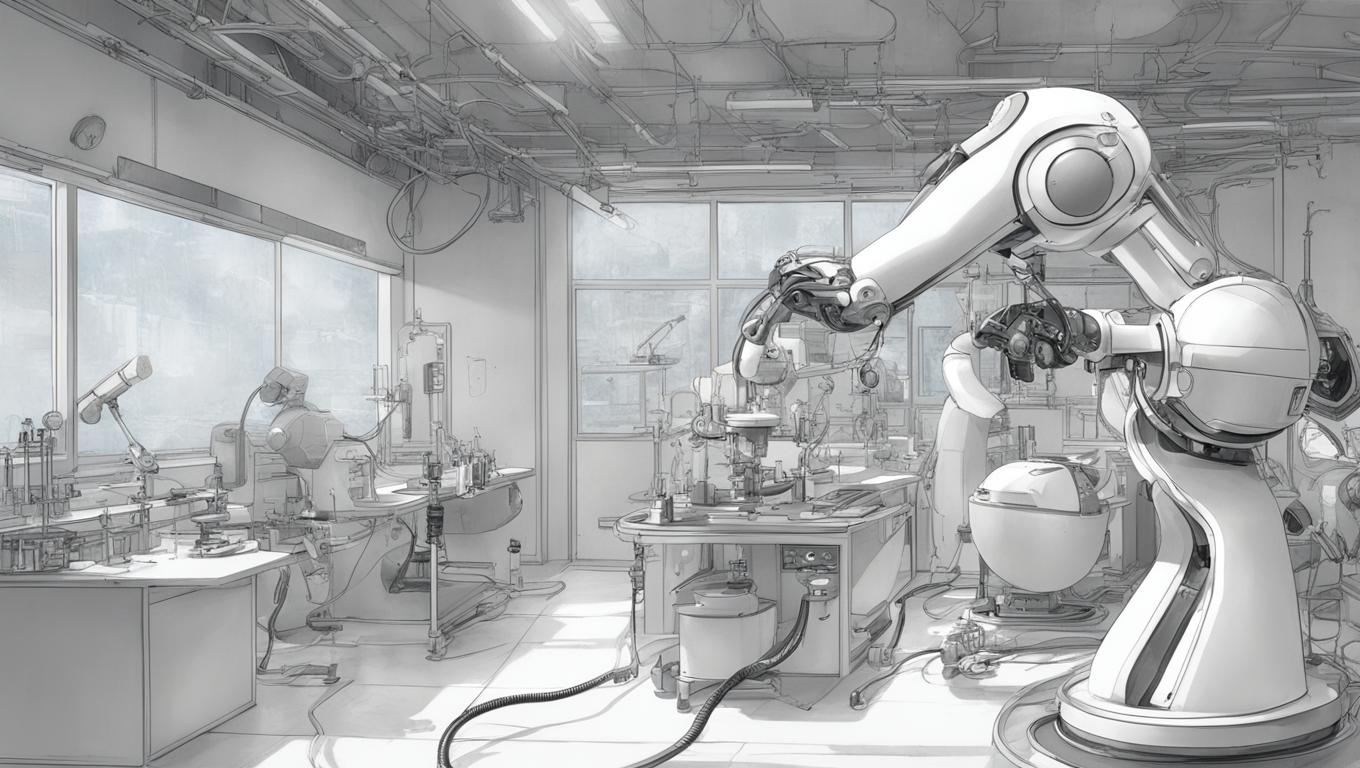In an era where robots are taking on various tasks that were once only human-controlled, a startup called Conceivable Life Sciences is revolutionizing the field of in-vitro fertilization (IVF) by automating the entire process utilizing robots and artificial intelligence (AI). IVF, a manual procedure performed by doctors, is now being transformed by robots backed by a vast AI infrastructure.
Conceivable’s robots have been able to immobilize sperm, insert them into eggs, and incubate the resulting embryos. These robots have already enabled eleven women to become pregnant and have achieved several breakthroughs, including being the first company to robotically perform intracytoplasmic sperm injection (ICSI) - a delicate process where a sperm is placed inside an egg.
The demand for IVF is surging, but the treatment remains slow, uncertain, and expensive. Millions of women lack access to infertility centers, and there is a shortage of clinical experts. Moreover, IVF costs as much as a new car and often requires multiple attempts before it is successful. Conceivable aims to address these challenges by offering automation that provides more precision and reducing costs. The startup plans to charge most patients $15,000 for IVF, only when it works, potentially saving them tens of thousands of dollars.
While experts in the field are skeptical of Conceivable’s plans, there is recognition that automation could help alleviate the supply-demand mismatch in fertility care. However, it should not compromise success rates and patient care. The current state of fertility care can be daunting, with patients often facing difficult decisions and not enough information.
The idea for Conceivable was born out of the experience of one woman named Emma, who felt pushed into IVF without enough knowledge and faced the strain of a miscarriage. Troubled by her story, the founders of Conceivable decided to visit IVF labs and were astounded by the lack of automation they observed. This led them to explore the possibilities of robotics and AI in IVF.
Conceivable embarked on a two-year journey to build robots and AI capable of handling every stage of the IVF process. The robots were equipped with motors, sensors, and tiny tools, while the AI was trained using the same object-recognition systems as self-driving cars. The robots have successfully performed various IVF processes, including ICSI, and have outperformed human embryologists in creating embryos.
Conceivable still has a long road ahead, with plans to launch another clinical study and publish the results. The startup aims to work with existing IVF providers in the short term and eventually establish independent labs in partnership with OBGYNs. Although involving OBGYNs more in fertility care is a contentious issue in the community, it is necessary due to the shortage of reproductive endocrinology and infertility (REI) doctors.
While there may be regulatory hurdles, the fertility industry is more self-policed than other areas of healthcare. Conceivable’s path to success seems promising, with the potential to start running labs as early as 2025.
Through the automation of IVF using robots and AI, Conceivable Life Sciences is not only making the process more accessible and affordable but also offering hope to millions of couples struggling with infertility. With further advancements and careful integration into the existing healthcare system, Conceivable has the potential to transform the field of reproductive medicine, allowing more people to fulfill their dreams of starting a family.





Use the share button below if you liked it.